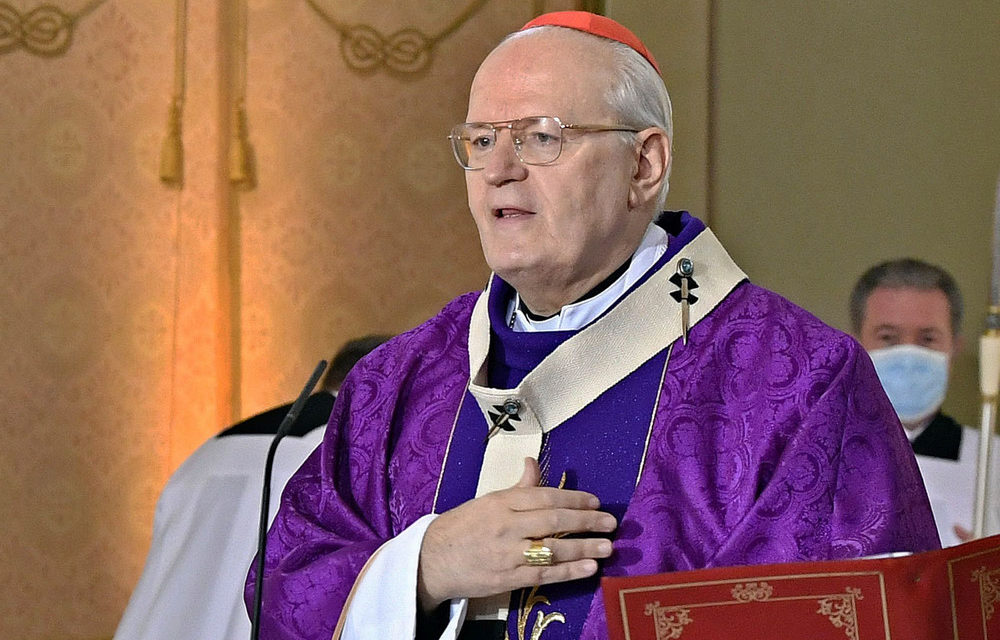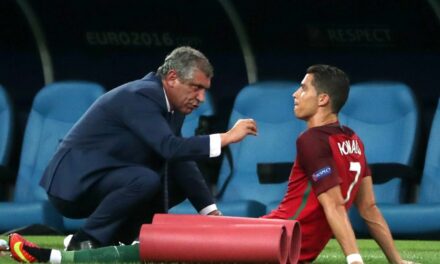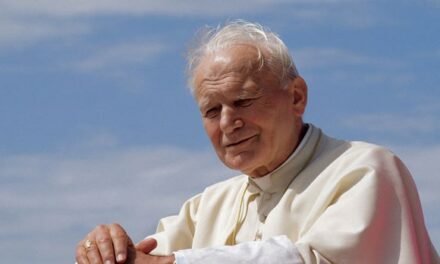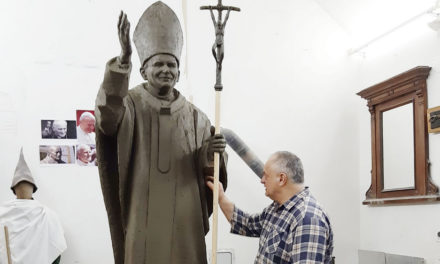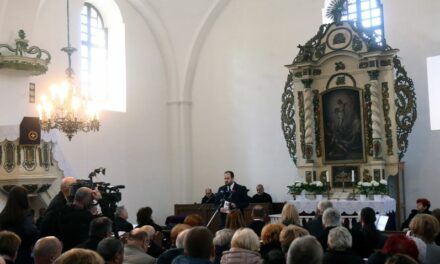– It is very moving and yet uplifting, for example, when we meet and talk to a dying person. At such times, we can feel that at a crucial point we can act as an instrument of grace in the final development of a person's destiny - Cardinal Péter Erdő told Magyar Nemzet about which experiences had a great impact on him during his priestly career.
Recently, the Archbishop of Esztergom-Budapest, who celebrated his seventieth birthday, spoke about the different situation of the Hungarian and world churches and also about the fact that the Hungarian bishops invited the Holy Father to Hungary again next spring.
- Recently, on June 25, he celebrated his seventieth birthday. On round anniversaries, people usually look back on the years and decades left behind. Did you too?
- In short, yes, as the circumstances allowed. I gave thanks to God, and I also found an opportunity to go to the parish in Kelenföld, to the grave of my parents, I owe them a lot of gratitude. Everything that a person considers important in life is related to his upbringing. I thank them very much for the faith and the right, which is what my life is about.
– On the occasion of your seventieth birthday, your colleagues, colleagues and friends paid tribute to you by presenting a study volume in Hungarian and one in a foreign language. How does special attention make you feel?
- I am very happy to see what the situation is like for Hungarian university professors and humanities scholars. We usually do double work for half the credit, because we have to participate in international professional life and have a dialogue with Hungarian society and our students at the same time, but these two things make our work particularly beautiful at the same time. I am very happy that my foreign friends and colleagues wrote a study volume in a foreign language, and one in Hungarian by the locals.
- Born in 1952 during the Rákosi era, his youth and the beginning of his career as a priest fell during the decades of state socialism, but 32 years have already passed since the regime change. How did you experience the world changing?
"Of course not the way I did it." I believe that huge international forces were at work and very large historical processes took place in which we saw the work of providence. In this situation, we had to undertake our tasks along the lines of new opportunities, and the tasks that arose in the meantime made this period beautiful. We worked to develop a new system of relations between the state and the church, between the church and society. We also worked to ensure that the knowledge material of the Catholic faith - both theological and canon law related to the Church - spread and deepen in society to such an extent that a solid construction will follow again.
- He was ordained a priest nearly fifty years ago, in 1975, so his career spans almost half a century. What are the fondest experiences and memories related to your priestly profession that come to mind?
– There are three areas of the priestly mission, those of sanctifiers, teachers and governors, and I have had great experiences with all of them. It is very moving and yet uplifting, for example, when we meet and talk with a dying person, then we can feel that at a decisive point we can cooperate as an instrument of grace in the final development of a person's destiny. It is a beautiful beautiful experience.
- One such retrospective can also give you an opportunity to evaluate the present. How do you assess the situation of the Hungarian Catholic Church?
- In the last thirty years, there has been a huge expansion in the field of our institutions, the organization of the church itself has also become more diversified. But in particular, the network of public service institutions maintained by our church has expanded enormously. It is an open question in society whether in these institutions we can pass on the values that are in the center of our hearts and that survived the previous, more difficult period. That would be the goal.
The full article of Magyar Nemzet can be read here.
Author: Attila Borsodi
Photo: Zoltán Máthé

